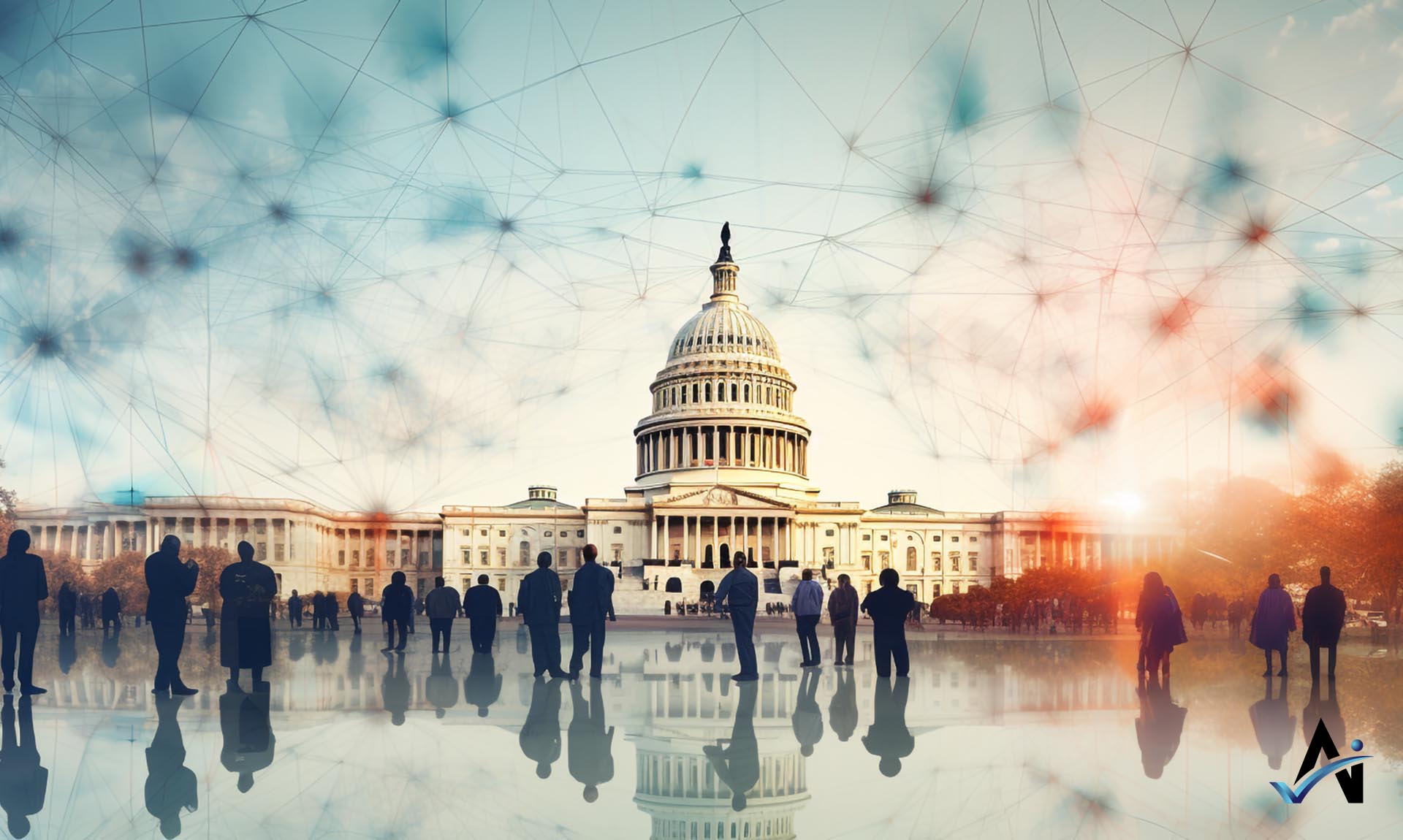How AI is Helping to Solve Climate and Environmental Challenges
Today, on Earth Day, we reflect on how Artificial Intelligence (AI) is pivotal in addressing our environmental crises—climate change, biodiversity loss, and pollution. An old business adage says, “We can’t manage what we don’t measure.” With the advent of AI, we have the tools to measure and manage these issues more effectively than ever before. AI systems, which perform tasks that typically require human intelligence, are constantly improving by learning from vast amounts of data.
David Jensen from the United Nations Environment Program (UNEP) and Priya Donti, a professor at MIT and co-founder of Climate Change AI, both highlight the transformative role of AI in environmental management. AI helps in designing energy-efficient buildings, monitoring deforestation, optimizing renewable energy usage, and even in smart home systems that conserve energy by turning off lights and heat when they are not needed.
AI’s applications extend to analyzing vast climate data, which exceeds human capacity to process, such as satellite imagery used to monitor agricultural and forested lands. This helps in making informed adaptations based on climate projections. AI also improves forecasts in areas like solar power production and transportation demand, enhancing system efficiency and maintenance, such as detecting and fixing methane leaks in gas infrastructures.
Another important project is the International Methane Emissions Observatory, which uses AI to monitor and mitigate methane emissions—a key factor in climate warming. By collecting detailed data on methane emissions, this initiative helps reduce the impact of climate change. Furthermore, AI is crucial in system optimization and predictive maintenance—like detecting and repairing methane leaks in infrastructure before they exacerbate, thus preventing harmful emissions.
Opportunities for AI in the future
- Climate change significantly affects agriculture, and AI can help by optimizing irrigation, enhancing crop yields, and reducing water usage. AI-powered systems can analyze weather data, soil conditions, crop health, and more to provide farmers with precise, data-driven advice.
- AI can improve disaster readiness and response by analyzing data to predict where disasters like floods and wildfires are most likely to occur. Post-disaster, AI can assist in analyzing damage and coordinating recovery efforts more efficiently.
- AI can improve climate finance strategies by analyzing investment risks and opportunities in real-time, helping investors to support the most effective and sustainable environmental solutions.
- Artificial Intelligence (AI) has the potential to significantly advance the development of fusion power, a promising clean and abundant energy source. As we approach significant breakthroughs in energy production, AI is playing a crucial role in enhancing the stability and efficiency of fusion reactors. Specifically, AI improves plasma confinement by analyzing data to predict and control the behavior of plasma within these reactors. Additionally, AI speeds up the discovery and testing of materials that are capable of withstanding the extreme conditions inside fusion reactors. This dual application of AI not only optimizes the performance of fusion reactors but also accelerates our progress toward harnessing fusion as a reliable source of power.
Despite these benefits, there are challenges. AI’s energy consumption can be significant, contributing to carbon emissions, and its applications can also support undesirable activities like fossil fuel extraction. Furthermore, inaccuracies in AI applications, especially in critical infrastructures like power grids, could lead to severe consequences, such as blackouts.
However, the promise of AI in fighting climate change is undeniable. Investments in climate technology are growing, indicating a strong commitment to addressing these challenges. Initiatives like Climate Change AI are crucial in bringing together innovators and policymakers to use AI responsibly. This Earth Day, let us recognize both the capabilities and challenges of AI in securing a sustainable future, ensuring that our technological advances genuinely contribute to a healthier planet.
latest video
Get Our Newsletter
Never miss an insight!






